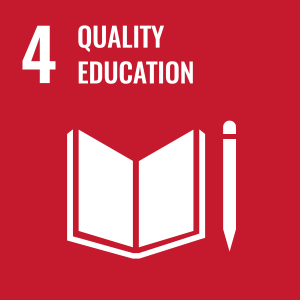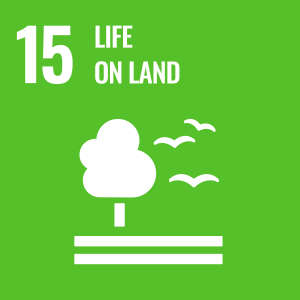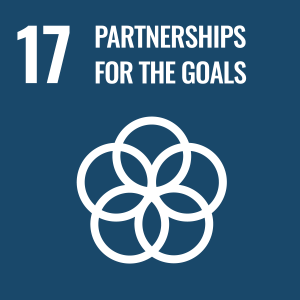University of Surrey launches Space Institute to drive the UK's small satellite boom and tackle urgent global challenges
With the UK's £19 billion space economy surging, government and industry urgently need faster research, innovation and skilled talent – yet more than half of space organisations report critical shortages, a challenge now being tackled by the newly launched Surrey Space Institute at the University of Surrey.
The Institute will convert the University's 45-year small satellite leadership into mission-ready solutions for climate, resilience and secure global connectivity.
The Institute will build on the legacy of the Surrey Space Centre, where Professor Sir Martin Sweeting pioneered the design and manufacturing of small satellites. Sir Martin would go on to found the highly influential Surrey Satellite Technology Ltd (SSTL), a university spin-out that helped reshape how satellites are built across the global space sector and has since earned £1billion in satellite exports for the UK.
The Surrey Space Institute has been developed under the leadership of renowned astrophysicist and Pro-Vice-Chancellor Professor Bob Nichol, building on firm foundations that bring together Surrey's space-related world-class teaching, industry links and research strengths from across a wide range of fields – not just engineering, but also telecoms, cybersecurity, biosciences, law and many more. This interdisciplinary approach is at the heart of the new Institute's mission – to rethink how space can support society, the economy and the planet. It will focus not only on building new technologies, but on developing the policies, systems and skills needed to run full space missions that respond to real-world needs.
Professor Adam Amara will be the inaugural Director of the Surrey Space Institute while continuing in his role as Chief Scientist to the UK Space Agency.
A key focus for the Institute will be to help the UK grow its ability to run full space missions – combining hardware, software, policy and operations to tackle problems such as water security, climate resilience and space sustainability. Its research will focus on three areas: managing water and climate on Earth, strengthening space systems such as satellite communications and cybersecurity, and developing the tools and legal frameworks we need to explore and operate beyond our planet.
The Institute will also support small space companies to scale up and give more people the skills needed to work in this fast-moving sector, helping the UK stay competitive in a global industry that is growing at pace. With 52% of UK space organisations reporting critical skills shortages – especially in software, data analysis, artificial intelligence and systems engineering – the Institute aims to train 10% of the UK's future space workforce through postgraduate degrees, hands-on missions and professional courses.
The launch of the Institute is timely, aligning with the Government's industrial strategy, which recognises the space sector's role in economic growth and UK defence capabilities. In 2021/22, the UK space sector generated £18.9 billion in income, up 8% on the previous year, outpacing both the global space sector and the wider UK economy. The sector now contributes £7.2 billion directly to the UK's GDP. It also supports more than 52,000 jobs, most of them highly skilled, and continues to invest heavily in innovation, with £1 billion spent on research and development.
"The launch of the Surrey Space Institute represents exactly the kind of bold, forward-thinking approach we need to maintain the UK's position as a leader in space. Surrey's remarkable 45-year track record in small satellites, combined with its vision to tackle real-world challenges from climate resilience to space sustainability, demonstrates how academic excellence can drive both economic growth and societal benefit.Dr Paul Bate, CEO of the UK Space Agency
"As we work to deliver the Government's space ambitions, partnerships like this – bringing together world-class research, industry expertise and skills development – are essential to ensuring the UK space sector continues to thrive and deliver for our economy, our security and our planet."
Related sustainable development goals





Featured Academics
Media Contacts
External Communications and PR team
Phone: +44 (0)1483 684380 / 688914 / 684378
Email: mediarelations@surrey.ac.uk
Out of hours: +44 (0)7773 479911




